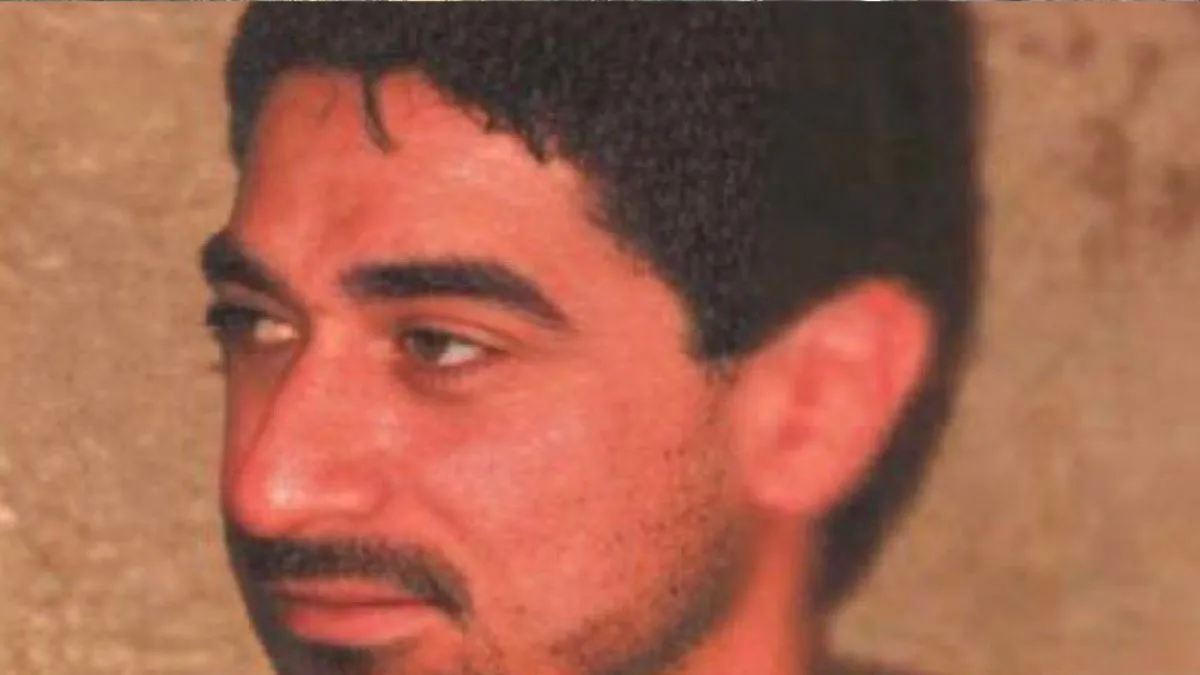- By Shivangi Sharma
- Fri, 20 Sep 2024 11:17 PM (IST)
- Source:JND
The Israeli military conducted an airstrike in southern Beirut on Friday, resulting in the deaths of senior Hezbollah commander Ibrahim Aqil and 10 other senior leaders, CNN reported.
According to the Israeli military, Aqil was a member of Hezbollah's elite Radwan Force. The attack inflicted substantial damage in Beirut's Jamous neighbourhood, with at least two residential buildings collapsing, CNN added.
Lebanon's health ministry reported that a strike in southern Beirut left at least nine people dead and 58 others injured, with at least eight of the hospitalised victims in critical condition.
Israel's military spokesperson stated, "This action was taken to safeguard the citizens of Israel," in a brief press statement, while emphasising that Israel is not aiming to escalate the situation in the region.
Israel's airstrike on southern Beirut specifically targeted senior Hezbollah military leader Ibrahim Aqil, resulting in the destruction of a building, with at least eight fatalities and dozens injured.
Who Was Ibrahim Aqil?
Born in Lebanon in the 1960s, Aqil's early life was deeply shaped by the outbreak of the Lebanese Civil War in 1975. He first became involved with the Islamic Jihad Organisation, a forerunner to Hezbollah, where he acquired crucial military expertise that eventually facilitated his rise within the ranks of the group.
Ibrahim Aqil was the head of Hezbollah's elite Radwan forces, the group’s most prominent military unit. He also served as the second-in-command of the organisation's armed forces, just below Fuad Shukr.
Aqil's high profile made him a key target for both US and Israeli intelligence agencies. In April 2023, the US State Department offered a reward of up to USD 7 million (Rs 581,000,000) for information leading to his capture, underscoring the significant threat he was seen as posing to regional stability.
The US State Department recognised Aqil, also known as Tahsin, as a member of Hezbollah's "highest military body," the Jihad Council.
During the 1980s, amidst the power struggles among various factions in Lebanon and the deployment of a US Marine detachment as a peacekeeping force, Aqil emerged as a key figure in Hezbollah's Islamic Jihad Organization. This organisation claimed responsibility for the April 1983 bombings of the US Embassy in Beirut, which resulted in 63 fatalities, as well as the Marine Corps barracks bombing in October of that year, which killed 241 Americans.


